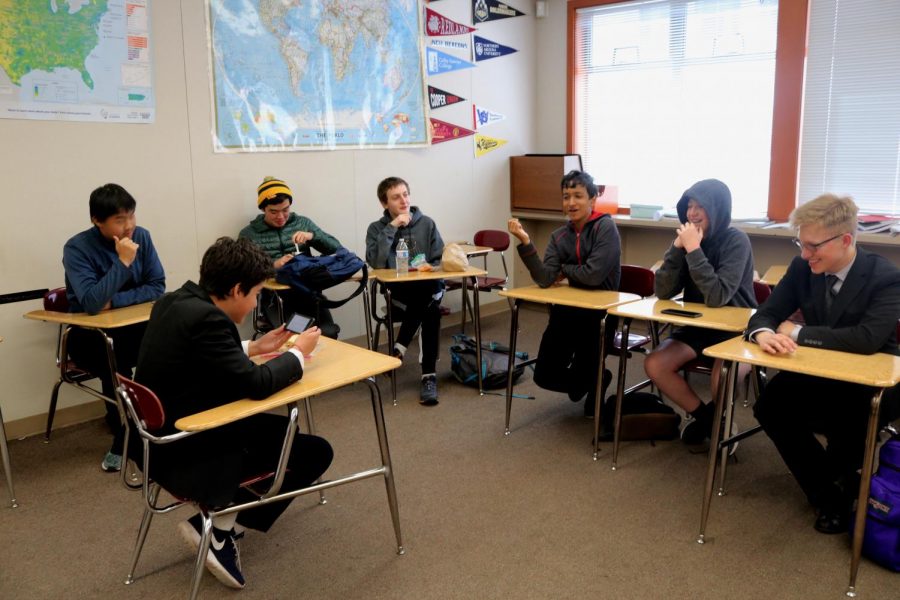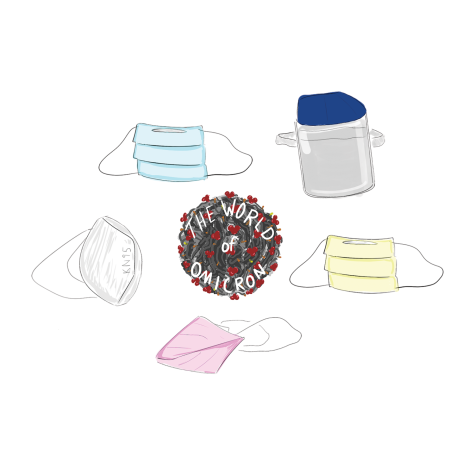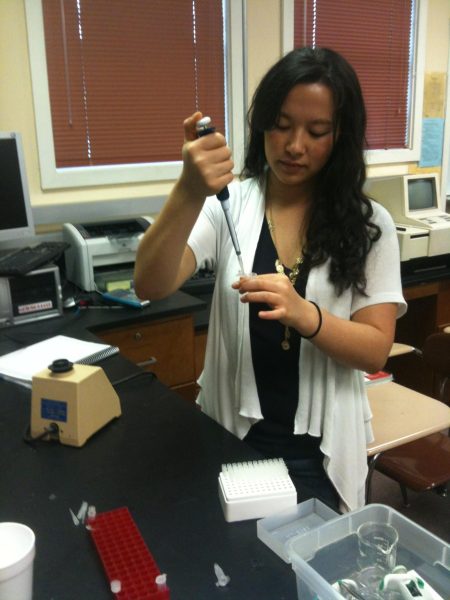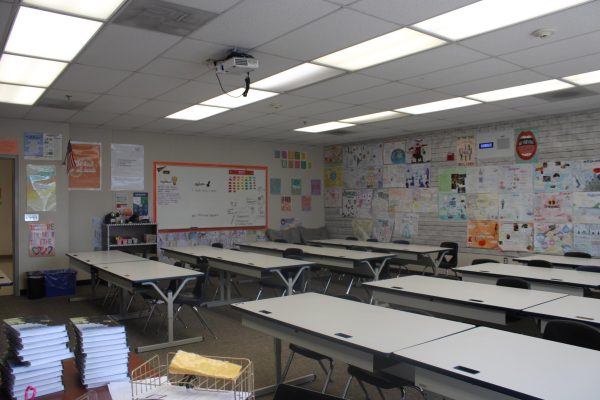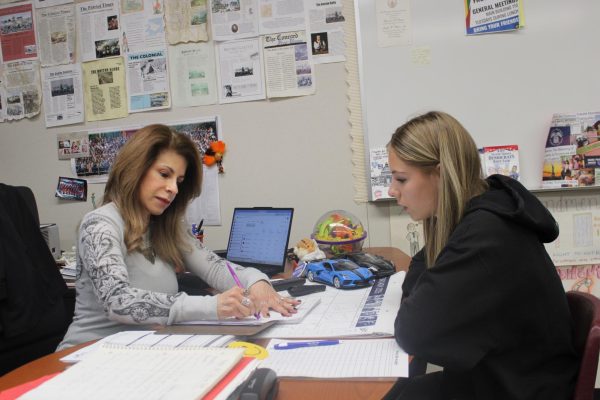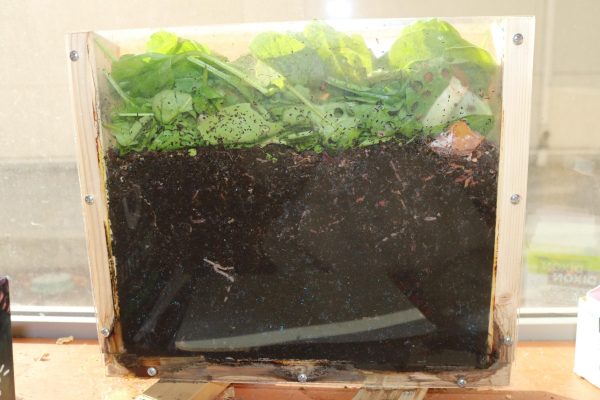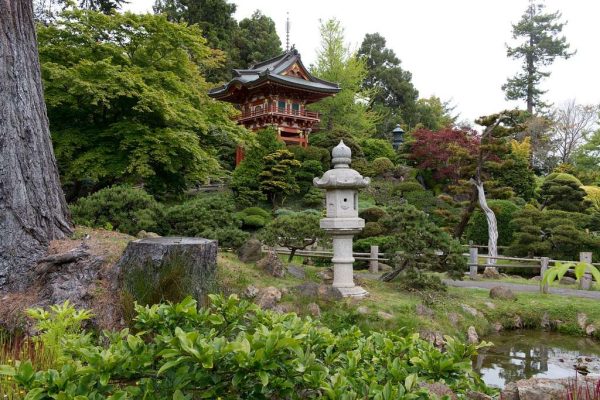History Bowl Cancelled Due To Coronavirus
This was the first time in school history that Cal High would host the competition.
History Bowl participants practice eagerly for the History Bowl, which has since been cancelled.
Cal High was supposed to be the epicenter of the History Bowl for the 2019-2020 school year.
For the first time in school history, Cal was going to host the Northern California History Bee and Bowl Championship, which was scheduled for March 15.
But because of the increased threat of the Coronavirus, the International Academic Competition, which organizes the event, announced on Wednesday that it was cancelling the competition and all of their other events through July.
“I think that’s the prudent thing to do,” said history teacher Tyler Guylas, whose History Club was managing the event.“At this point, we need to start allowing practical wisdom to take its place.”
The National History Bee and Bowl Championships scheduled for April 23-26 could possibly be posted until the fall, according to an email from Raynell Cooper, who is the Bay Area regional coordinator for the National History Bee and Bowl.
Cal High sophomore Daniel Vereen said he was very disappointed the event at Cal was cancelled because he had spent a lot of time studying for the competition. Many students were really excited to be a part of Cal’s history in hosting the event.
“We’ve had students go to the Bowl before, but this is the first time we’ve competed as a club,” Gulyas said before the event was cancelled.
The entire competition has two components, the History Bee and the History Bowl.
In the bee, students compete individually in 35 question rounds. If a single student gets 8 questions right, then that student automatically exits the round, with a certain number of bonus points depending on how quickly they reached 8 correct answers. Even if someone gets 8, the round continues until all 35 questions are answered. Students are not immediately eliminated for answering a single question wrong.
“The Bee sounds tough, but also very engaging,” said junior Karthik Prasad, who wasn’t going to perform in the bee but is part of the History Club.
In the History Bowl, participants form groups of up to six and show off their knowledge of history against other students. Although Cal students could have faced off against their own classmates, in the bowl groups of students compete against only those from other schools.
The competitions go off an a-b-a-b schedule. The event starts off with the first rounds of the History Bowl, followed by the first rounds of the History Bee. After a break for lunch, the final rounds of the bee begin, and the day concludes with the final rounds for the bowl.
If students end up placing high in the bowl or bee, then they can advance to the nationals.
Students who place high in nationals can earn partial or full scholarships to attend the International History Olympiad, or the International Geography Bee World Championships, depending on in which event they compete.
Earlier this school year, Cal’s History Bowl team qualified for nationals after finishing third in the Northern California Fall History Bowl in October.
“We did pretty good because we made nationals,” junior Hao Deng said. “Around the top 25 percent of the teams make it to nationals, so it’s hard to do.”
Hosting the History Bowl would have provided many exciting opportunities for Cal. For starters, hosting such a widespread competition could have provided exposure for the school’s History Club. It also would have brought tremendous pride to the school if one of Cal’s students won the bee or bowl.
This year’s group had hoped to make and win nationals, but they said they didn’t want to be overly optimistic.
“Our odds of winning everything are pretty slim,” Deng said, “but everyone has a slim shot really.”
The History Bee and Bowl was expected to run from 8 a.m. to 6 p.m. and feature schools from throughout the Bay Area and other parts of Northern California. Students from Monte Vista and
Dougherty Valley high schools were also expected to compete.
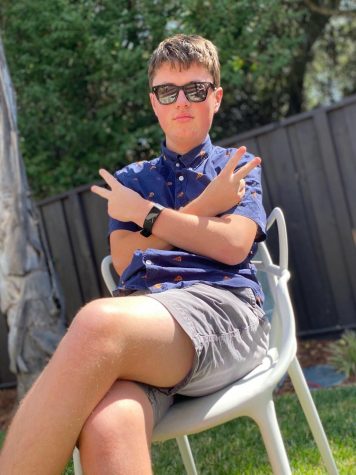
Andrew is a senior and a third year member of The Californian, and is serving his second year as the Sports Editor. He enjoys cooking, tutoring, gaming,...
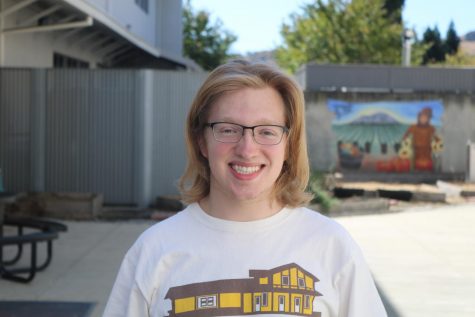
Senior Nicholas Harvey is the Editor-in-Chief for The Californian. Writing for the paper since freshman year, Nicholas is especially interested in the...
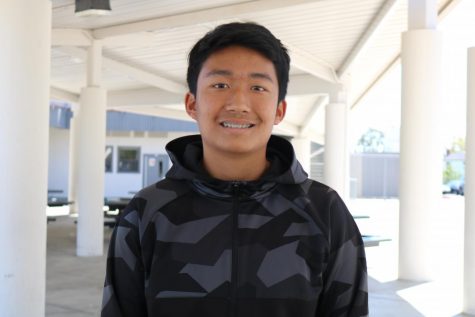
Anthony Austria is a sophomore and is serving as a photographer for the Californian. Besides photography, he enjoys biking around town with his friends...
